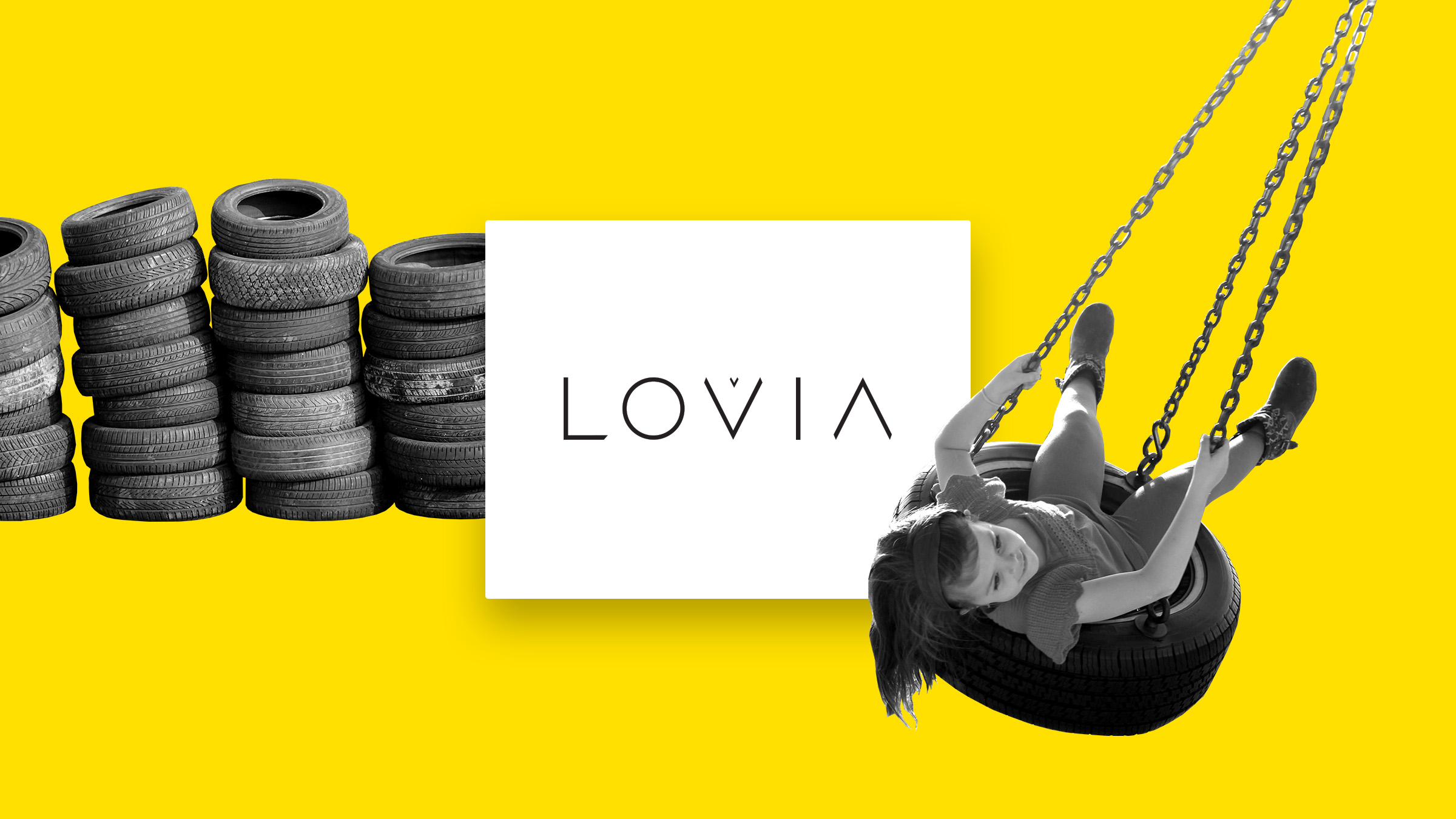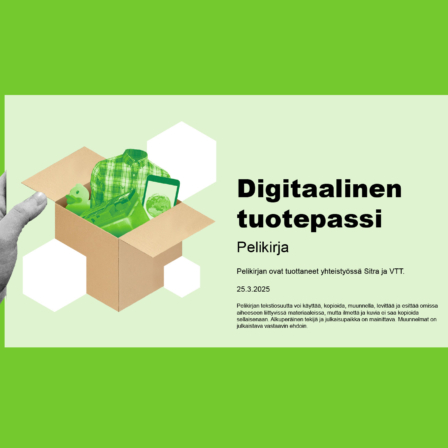Problem
Fashion trends change rapidly and clothes are produced in vast volumes. This leads to environmental problems and distorts consumers’ perceptions of a product’s value. At the same time, leftover materials are disposed of by industries, sometimes as hazardous waste. For example, in Finland elk and sheep skins are rarely used, which means that resources are being wasted.
Solution: designer clothes from surplus material
Lovia manufactures designer clothes from leftover materials sourced from various industries. For example, it produces handbags from Finnish elk and sheep skin, and coin purses from processed Icelandic fish skins. In addition, Lovia uses surplus materials sourced from furniture manufacturers. The products are handmade in Italy. Each product is given a unique “DNA code” which consumers can use to check the origin of the materials and labour.
Revenue logic and benefits to Lovia
Lovia products are sold by retailers and in Lovia’s online store. Customers include consumers as well as Finnish and international clothing hire service providers. In addition, the company has trialled its own hire programme, which consumers can use to rent a designer handbag for a fortnight or month at a time. After the rental period, the consumer can purchase the product at a discounted price.
Benefits to customers
When consumers choose Lovia, they know that they are supporting the use of surplus materials. No animals are slaughtered specifically for the production of Lovia products. Customers who purchase or hire Lovia products can check the production chain from start to finish, which means that they are able to make conscious sustainable choices. Each product has its own DNA code which can be used, even years later, to track the materials and find out where they were made and by whom. In the future, consumers will be able to add their own stories to the code so that they can be read by future owners.


















Recommended
Have some more.